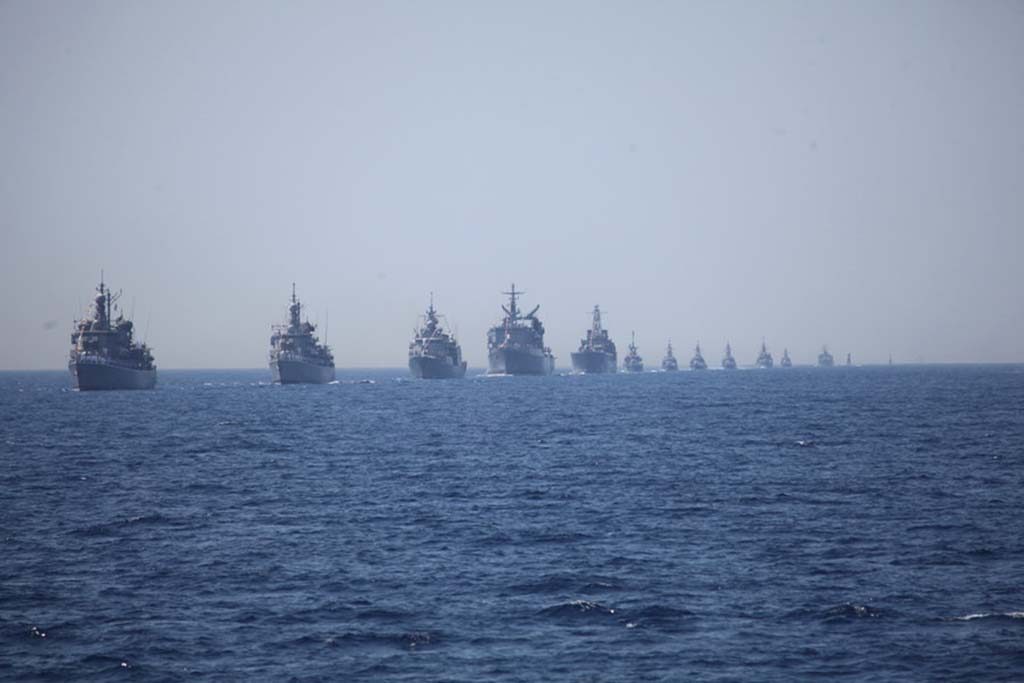
Thucydides on Choice and Decision Making: Why War Is Not Inevitable, a book by Ilias Kouskouvelis
This book uncovers a different perspective on the great classical thinker, who has largely been misread. Through the scrupulous and holistic analysis of The Peloponnesian War – or, as the author suggests, of The War – a different Thucydides emerges.
One who understands power and its distribution, but considers as crucial the choices made by people or leaders. One who suggests, according to the book’s interpretation on the outbreak of war and the Sicilian expedition, that the war was a result of decision making and, thus, not inevitable.
One with his own view on domestic and international politics, a Thucydidean view; a view certainly containing elements of the modern International Relations paradigms, but clearly linking external behavior with deliberations and choice. A Thucydides, finally, holding a more benign than believed view on human nature, and informs our understanding of human behavior, especially when in a position of power or in war.
Professor Kouskouvelis’ curiosity evolved from his school days when he realized that there was much more to Thucydides than simply an account of The War. His scholarship in Ancient Greek and a lifetime of studying Thucydides and international relations has led him to reappraise Thucydides, provide to his views their true and unobserved dimension, and assign to him his appropriate position; that of a shrewd observer of life and politics, and a thinker on how people decide.
This book will be of interest to anyone trying to understand how the major decisions of statecraft are shaped by both context and choice. The text elucidates for us how Thucydides’ schemata on decision making and the flawed decisions that reoccur are rooted in our human foibles and our entrapment by interest, fear, and honor, to name just a few. It will be of significant interest to political thinkers, academics, military, decision makers, and the wider public who thirst for classical thinking about security, strategy and decision making.
“Not just another book on a dead white male European but a masterful original work that combines decision science, political theory, history, and international relations into a single volume. Focusing on two schemata of decision making, Ilias Kouskouvelis notes that Thucydides was the first to introduce power, psychology, and deliberation into the flow of political decisions. Make peace or go to war; pursue honor or avoid shame; fear or calculate? Besides being the first to traverse the local and the international, Thucydides offers insight that has important practical implications. Hubris, arrogance, and passion may easily lead nations to flawed decisions and be the prelude to war despite interests, deliberation, or institutions. Agree or disagree with it, we all need to read Thucydides on Choice and Decision Making to understand why questions of war and peace are too important to be left only to politicians.” —Nikolaos Zahariadis, Rhodes College
“Long before contemporary international relations theory developed a plethora of decision-making models, Thucydides laid out the fundamentals for a scientific understanding of decision making and war. Kouskouvelis’ refreshing analysis shows how major decisions are shaped by both content and choice. This book will be of interest to academics, political leaders, military leaders, and anyone interested in decision making. A welcome addition to the literature at a critical time in international affairs.” —Van Coufoudakis, professor emeritus, Indiana University–Purdue University
“There are few graver decisions than the decision to go to war. In our troubled times, Kouskouvelis’ thought-provoking analysis of Thucydides renders his work on decision making, and on whether or not it is ever possible to make a definitively ‘right’ decision, more timely and cautionary than ever.” —Katherine E. Fleming, New York University
Strategic Dialogue with US acknowledges Greece’s important geopolotical role, Katrougalos says

